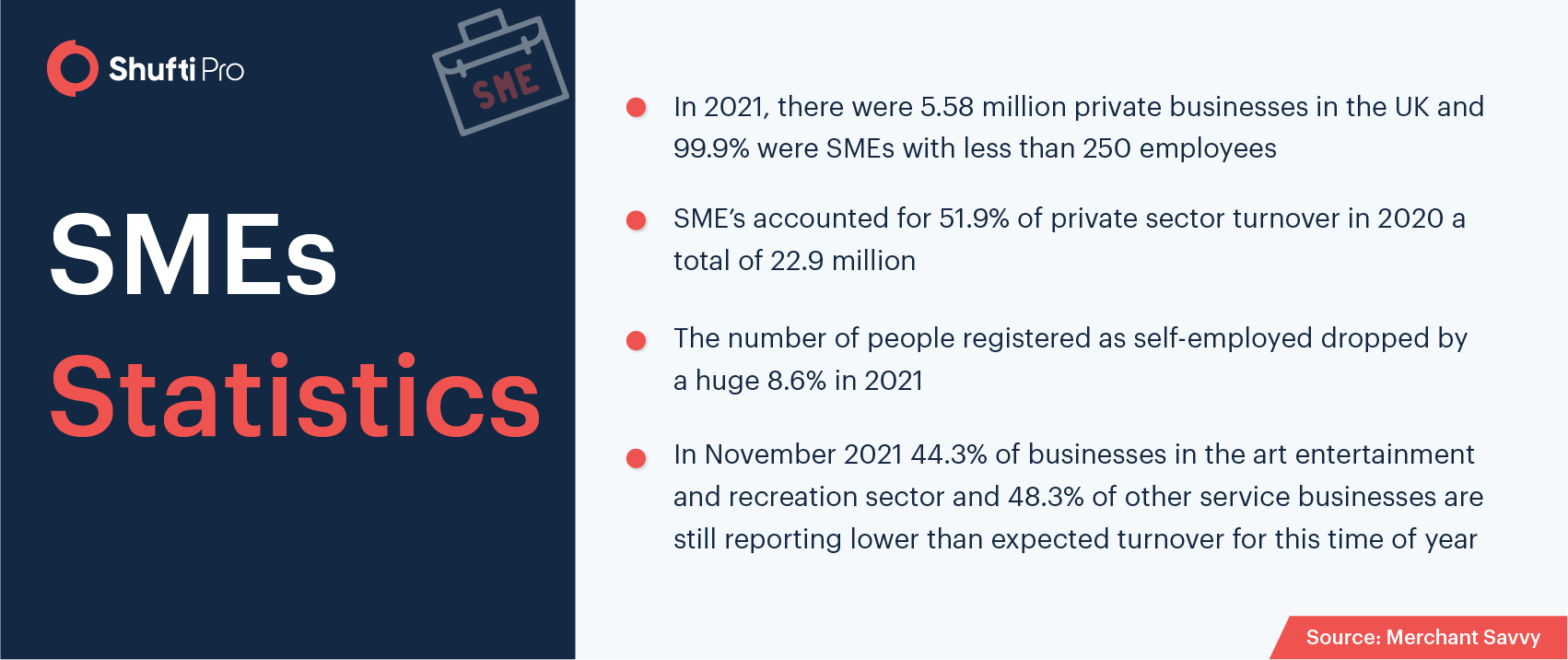A Detailed Insight into Due Diligence for SMEs in Europe

Recent developments in due diligence legislations have prompted debate on SMEs being subject to the same requirements as larger corporations and how to ensure proportionality and reasonableness in regulatory design, including the implications for competitiveness, market access, costs, and enforcement.
In a post-pandemic era, governments have complicated problems in encouraging SMEs to follow due diligence standards while simultaneously enhancing their competitiveness. Although these two goals appear to be well linked, their instrumentation may entail potential trade-offs, raising critical considerations.
This blog aims to answer some of these questions and, when applicable, raise relevant policy implications that policymakers should consider when drafting due diligence legislation.
Hacker Groups Targeting Online Retailers in Internet Scams
Cybercriminals are targeting brands like PlayStation, Nike, and other digital retailing platforms for financial gains. However, these online retailers do have verification systems that can screen the internet to identify counterfeit sales and what it refers to as online brand abuse. However, suspicious “domain registrations” increased dramatically between October and November, particularly at PlayStation and Nike online stores. Apple’s Airpods were also targeted intensively. These cases are emerging as online businesses had insufficient due diligence measures. Criminals can easily sign up with fake identities and also use victims’ credit cards to carry out transactions. Due to this, millions and billions of dollars are lost annually.
Freelance-Platforms Becoming Hotspots of Cybercriminals
Scammers of various shades have been caught taking advantage of the coronavirus, including some claiming to sell protective equipment and those attempting to steal Americans’ IRS relief payments or install malware. However, this year Federal Trade Commission (FTC) received over 52,000 fraud reports related to bogus covid-relief schemes that accounted for more than $40 million losses globally.
“What we’re seeing is people accepting offers to do simple accounting work, but it ends up being money muling,” Stokes explained.
Scammers do not come and go on freelance platforms. Fraudsters used such sites to find individuals who were ready to sell their gig accounts in exchange for a percentage of the profits. Usually, fraudsters transfer money to victims through online digital payments applications, so that they can easily hide their illicit activities from regulatory bodies or the platform. Unfortunately, victims get fantasies and end up agreeing on the criminal’s terms. Afterward, by using the legit accounts criminals communicate with the customers and try to make direct connections by insisting them to communicate on channels other than Upwork or other freelancing platforms. However, The firm can no longer monitor or manage suspected behavior when users take their talks off freelance platforms.

European Regulations for SMEs
The European regulatory authority has developed compliance on March 10, 2021, that governed due diligence laws and standards for the small-medium enterprises that are operating in the EU Member States. The resolution was passed as it stated essential recommendations for due diligence and corporate accountability directive, which was considered by the European Commission. However, after the mutual understanding between the regulatory bodies and the SMEs, the legislative proposal has been passed.
Therefore, all the countries under the EU regime are held mandate for businesses to implement the newly designed directive into their operations. Businesses that are importing or exporting into the EU, will have to follow pre-defined due diligence standards across their services.
- Small and medium enterprises that are publicly traded have a total bank balance of €4 million to €20 million, net turnover of €8 million to €40 million, and an average number of workers during the financial year ranging 50 to 250 are obliged to implement due diligence procedure
- Any other SME that is operating or providing services in the high-risk sector, the sectors that are predefined by the EU Commission in due diligence proposals like garments, footwear, minerals, and other businesses must comply with due diligence standards
EU Regulatory Recommendations for SMEs
- Conduct Risk Assessment: The businesses have to evaluate the potential risk linked to customers. This helps them to identify the legit customers and fraudsters before they get onboard. To accomplish this due diligence process plays a crucial part as by undergoing this, companies can gather enough information to assess risks.
- Developing Due Diligence Strategy: Establishing and implementing effective due diligence strategies are mandated for small-medium enterprises that aim to identify and deter the risk of crimes. A due diligence strategy should be designed in a well-mannered way that can allow businesses to carry out ongoing monitoring. By complying with due diligence compliance, businesses can easily determine the potential risk that may emerge in future
- Ensure Transparency: Businesses are obliged to reduce transparency between their operations and service. This will make companies credible and trustworthy while allowing them to enhance customer experience
However, if the defined recommendations are practiced by the SMEs, they will become capable of determining, assessing, monitoring, and preventing the risk of financial crimes like money laundering, terrorist financing, account takeover fraud, and identity theft. The supply chains and operations will also become secure.
The Aftermath of Non-Compliance with Due Diligence Obligations on SMEs
The due diligence compliance and verification standards are established with the objectives of securing the businesses from the potential risk that can disrupt their operation as well as make them face financial losses. However, if the businesses fail to comply with the regulations, it could lead to unredeemable harm like the company can face temporary suspension of services, in this case, the businesses that are operating under the laws of non-EU Member States, the temporary suspension of operation could transit into a permanent ban on working in the EU Member States.
The EU recommendation also states that the sanctions and penalties for businesses that are non-compliant must be effective and impactful, taking into account the severity of being not compliant. They may include hefty fines, exclusion from public trading, ban from getting aid from the state or public relief programs, including the schemes dependent on Export Credit Agencies or any strict administrative penalties.
Therefore, according to the legislated recommendation, SMEs are obliged to implement due diligence compliance in order to get them protected against crimes and regulatory sanctions.
How Can Shufti Help?
Shufti’s identity verification solution enables small-medium enterprises to comply with the due diligence requirements set by regulatory bodies. It makes it easier for them to operate in the EU member states. Identity verification along with AML screening lets SMEs avoid the risk of being exposed to money launderers. Apart from this, SMEs can ensure a top-notch customer experience with Shufti.
Know more about how Shufti’s solution works for SMEs from the experts!

 Explore Now
Explore Now













